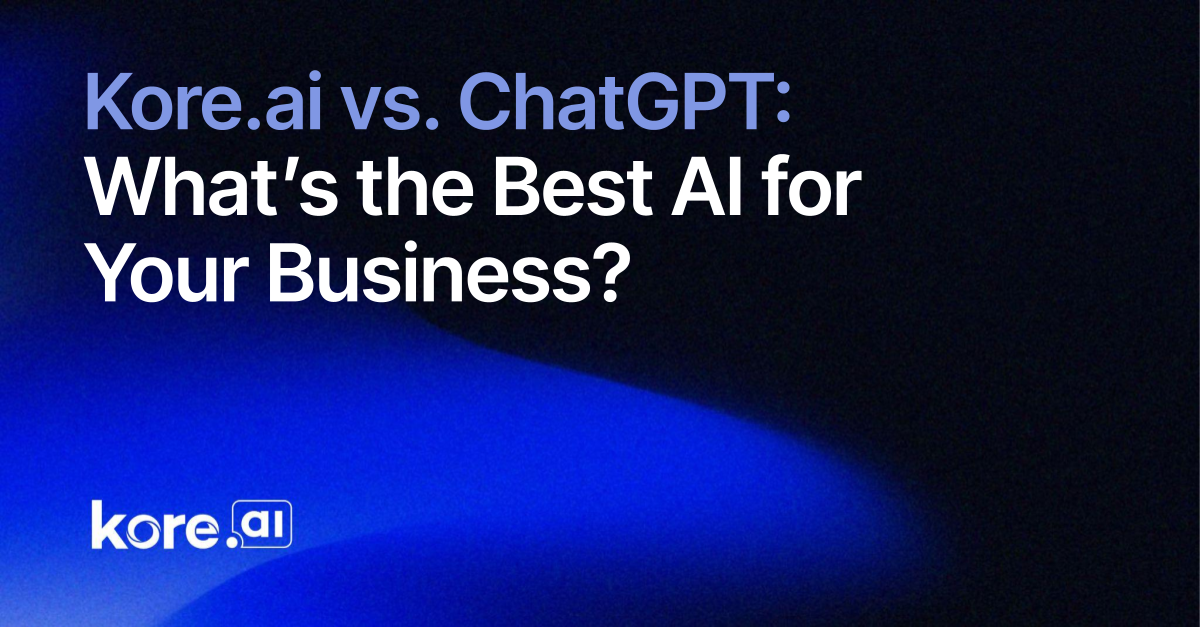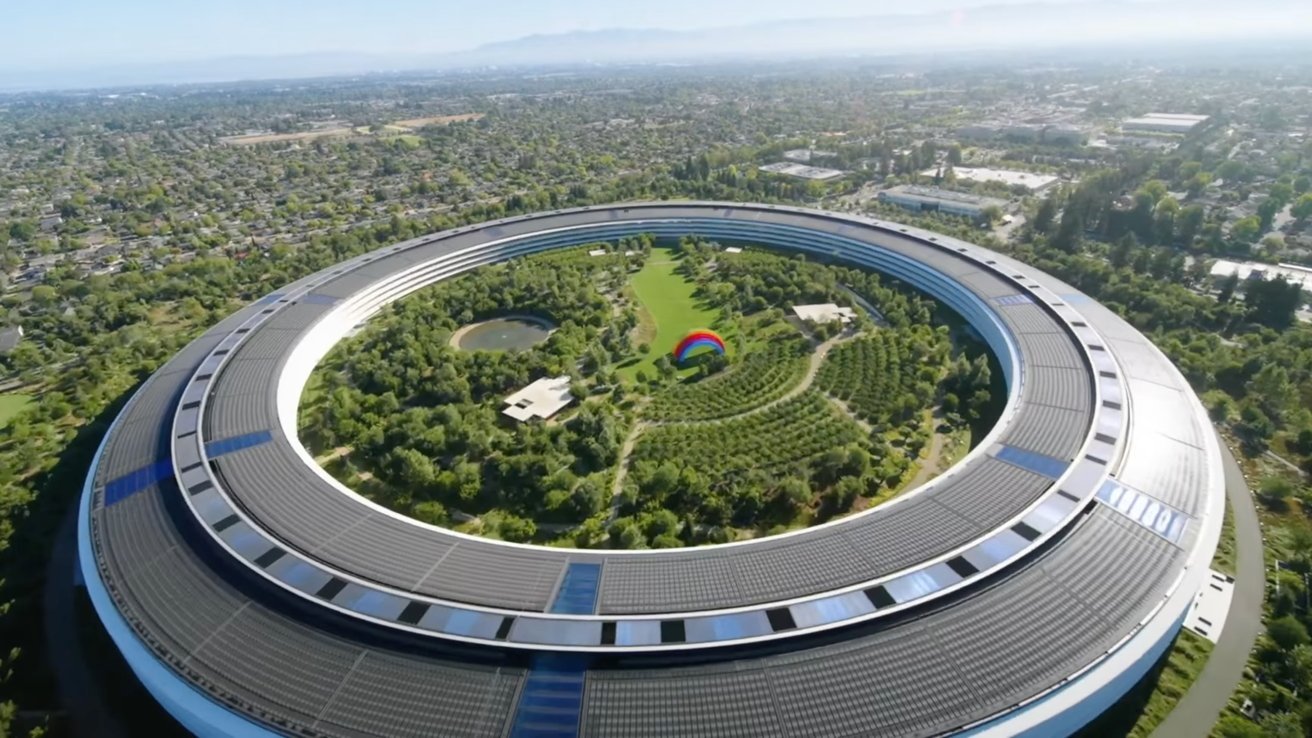AI’s Role in Revolutionizing Scientific Research
Scientific researchers are responsible for conducting experiments and making discoveries that improve our lives or, sometimes, even save them. However, the process of scientific research — from forming and testing a hypothesis to making groundbreaking discoveries available for public or commercial use — is complex, costly, and time-consuming. Without the right tools at their disposal, even the brightest scientists may struggle to conduct their experiments effectively. Artificial intelligence could be the tool that makes the scientific research process more efficient. It’s important to remember that funding is limited and competitive in scientific research. Researchers already have their budgets stretched thin, and as they say, time is money. Thus, any tool that can help researchers complete their jobs more efficiently and affordably will have an indirect yet positive influence on scientific discovery by allowing researchers to better allocate resources and maximize their limited resources. Even in its infancy, AI has shown the power to have these transformative effects. The world’s brightest minds should not be held back by the limitations of the technology they work with. By automating routine tasks associated with scientific research, artificial intelligence can help scientists free up their time to work on what matters most: developing and analyzing the results of experiments that will make a long-lasting impact on the world. Exciting New Applications for AI in Scientific Research That being said, the applications of AI technology in scientific research go far beyond simple automations. One of the main reasons why artificial intelligence is such a powerful tool for scientific researchers is its advanced data analytics capabilities. AI models can analyze far greater volumes of data at faster speeds and with greater accuracy than human capabilities allow, giving it the ability to identify patterns and trends that may have been difficult — if not impossible — for human researchers to detect. Using AI-driven data analysis, scientific researchers can generate better, more innovative hypotheses. From identifying knowledge gaps where an experiment can be conducted to support a discovery to exploring what variables should be tested, artificial intelligence has the power to help scientists come up with new, innovative ideas about what they can research and how to do it. If a scientist has an idea, AI is a great resource to check whether it is a feasible hypothesis to test or if it has already been tested by other scientists. Another powerful application of artificial intelligence technology in scientific research is aiding in experiment design. By using AI models to simulate future experiments, researchers can optimize their experiment design before they ever reach the physical testing stage. Experiments are costly, particularly if a researcher has to restart due to an error or unforeseen circumstance. Planning experiments with the help of AI tools can help researchers predict any obstacles that may arise, better preparing them for efficiency when they reach the stage of actual experimentation. Specifically in medical research, many scientists have seen the potential of AI technology in the process of drug discovery. Artificial intelligence models can analyze data and run predictive analytics to analyze molecular structures and determine potential drug candidates, along with other factors like potential interactions and side effects. By using AI for these early stages of the discovery process, scientists can expedite their discoveries and waste less time chasing paths that would otherwise prove ineffective. Artificial Intelligence Can Democratize Science Ultimately, the most significant potential artificial intelligence holds as a tool for scientific research is as an agent of democratization. Although there are some concerns with this as well, including access to the computing resources that power these artificial intelligence models, AI technology allows researchers to go places they couldn’t go and do things they couldn’t do. For example, many researchers use AI to simulate conditions that could not easily be replicated in a laboratory setting. This opens the door to a wide range of experiments that they would not otherwise be able to do. Because scientists will also be working on a much more equal playing field, artificial intelligence technology has the added benefit of encouraging collaboration. And in science, collaboration is key — after all, the scientific process encourages collaboration in forms like peer review. With AI allowing researchers to take on more ambitious experiments that might have otherwise been out of reach without the technology, the brightest scientific minds in the world can now come together to find solutions to some of the most pressing issues we face. Artificial intelligence has already revolutionized productivity when it comes to mundane tasks, but exciting new applications f

Scientific researchers are responsible for conducting experiments and making discoveries that improve our lives or, sometimes, even save them. However, the process of scientific research — from forming and testing a hypothesis to making groundbreaking discoveries available for public or commercial use — is complex, costly, and time-consuming.
Without the right tools at their disposal, even the brightest scientists may struggle to conduct their experiments effectively. Artificial intelligence could be the tool that makes the scientific research process more efficient.
It’s important to remember that funding is limited and competitive in scientific research. Researchers already have their budgets stretched thin, and as they say, time is money. Thus, any tool that can help researchers complete their jobs more efficiently and affordably will have an indirect yet positive influence on scientific discovery by allowing researchers to better allocate resources and maximize their limited resources. Even in its infancy, AI has shown the power to have these transformative effects.
The world’s brightest minds should not be held back by the limitations of the technology they work with. By automating routine tasks associated with scientific research, artificial intelligence can help scientists free up their time to work on what matters most: developing and analyzing the results of experiments that will make a long-lasting impact on the world.
Exciting New Applications for AI in Scientific Research
That being said, the applications of AI technology in scientific research go far beyond simple automations. One of the main reasons why artificial intelligence is such a powerful tool for scientific researchers is its advanced data analytics capabilities. AI models can analyze far greater volumes of data at faster speeds and with greater accuracy than human capabilities allow, giving it the ability to identify patterns and trends that may have been difficult — if not impossible — for human researchers to detect.
 Using AI-driven data analysis, scientific researchers can generate better, more innovative hypotheses. From identifying knowledge gaps where an experiment can be conducted to support a discovery to exploring what variables should be tested, artificial intelligence has the power to help scientists come up with new, innovative ideas about what they can research and how to do it. If a scientist has an idea, AI is a great resource to check whether it is a feasible hypothesis to test or if it has already been tested by other scientists.
Using AI-driven data analysis, scientific researchers can generate better, more innovative hypotheses. From identifying knowledge gaps where an experiment can be conducted to support a discovery to exploring what variables should be tested, artificial intelligence has the power to help scientists come up with new, innovative ideas about what they can research and how to do it. If a scientist has an idea, AI is a great resource to check whether it is a feasible hypothesis to test or if it has already been tested by other scientists.
Another powerful application of artificial intelligence technology in scientific research is aiding in experiment design. By using AI models to simulate future experiments, researchers can optimize their experiment design before they ever reach the physical testing stage. Experiments are costly, particularly if a researcher has to restart due to an error or unforeseen circumstance. Planning experiments with the help of AI tools can help researchers predict any obstacles that may arise, better preparing them for efficiency when they reach the stage of actual experimentation.
Specifically in medical research, many scientists have seen the potential of AI technology in the process of drug discovery. Artificial intelligence models can analyze data and run predictive analytics to analyze molecular structures and determine potential drug candidates, along with other factors like potential interactions and side effects. By using AI for these early stages of the discovery process, scientists can expedite their discoveries and waste less time chasing paths that would otherwise prove ineffective.
Artificial Intelligence Can Democratize Science
Ultimately, the most significant potential artificial intelligence holds as a tool for scientific research is as an agent of democratization. Although there are some concerns with this as well, including access to the computing resources that power these artificial intelligence models, AI technology allows researchers to go places they couldn’t go and do things they couldn’t do.
 For example, many researchers use AI to simulate conditions that could not easily be replicated in a laboratory setting. This opens the door to a wide range of experiments that they would not otherwise be able to do.
For example, many researchers use AI to simulate conditions that could not easily be replicated in a laboratory setting. This opens the door to a wide range of experiments that they would not otherwise be able to do.
Because scientists will also be working on a much more equal playing field, artificial intelligence technology has the added benefit of encouraging collaboration. And in science, collaboration is key — after all, the scientific process encourages collaboration in forms like peer review. With AI allowing researchers to take on more ambitious experiments that might have otherwise been out of reach without the technology, the brightest scientific minds in the world can now come together to find solutions to some of the most pressing issues we face.
Artificial intelligence has already revolutionized productivity when it comes to mundane tasks, but exciting new applications for scientific researchers will ensure they can experiment more efficiently, safely, and effectively. In this way, AI is the force inspiring a revolution in scientific discovery that will make the world a better place.
About the Author
 Ed Watal is the founder and principal of Intellibus, an INC 5000 Top 100 Software firm based in Reston, Virginia. He regularly serves as a board advisor to the world’s largest financial institutions. C-level executives rely on him for IT strategy & architecture due to his business acumen & deep IT knowledge. One of Ed's key projects includes BigParser (an Ethical AI Platform and Data Commons for the World). He has also built and sold several Tech & AI startups. Prior to becoming an entrepreneur, he worked in some of the largest global financial institutions, including RBS, Deutsche Bank, and Citigroup. He is the author of numerous articles and one of the defining books on cloud fundamentals called 'Cloud Basics.' Ed has substantial teaching experience and has served as a lecturer for universities globally, including NYU and Stanford. Ed has been featured on Fox News, Information Week, and NewsNation.
Ed Watal is the founder and principal of Intellibus, an INC 5000 Top 100 Software firm based in Reston, Virginia. He regularly serves as a board advisor to the world’s largest financial institutions. C-level executives rely on him for IT strategy & architecture due to his business acumen & deep IT knowledge. One of Ed's key projects includes BigParser (an Ethical AI Platform and Data Commons for the World). He has also built and sold several Tech & AI startups. Prior to becoming an entrepreneur, he worked in some of the largest global financial institutions, including RBS, Deutsche Bank, and Citigroup. He is the author of numerous articles and one of the defining books on cloud fundamentals called 'Cloud Basics.' Ed has substantial teaching experience and has served as a lecturer for universities globally, including NYU and Stanford. Ed has been featured on Fox News, Information Week, and NewsNation.
What's Your Reaction?








































